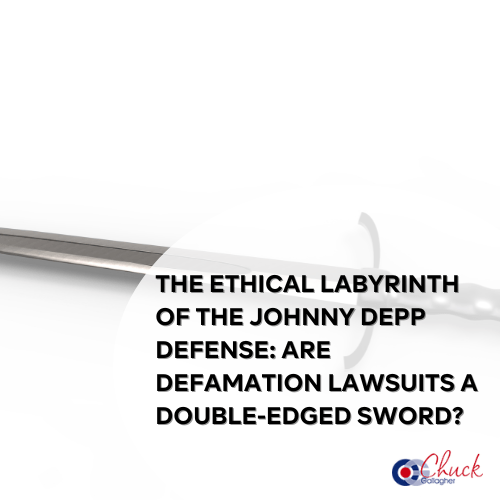As the holiday season unfolds with its customary cheer and gift exchanges, those in North Carolina must be mindful of the specific rules governing gifts to elected officials. Navigating Government Gift-Giving Ethics, detailed in North Carolina General Statutes Chapter 138A, Section 32, are designed to maintain the integrity of public service and ensure that gift-giving does not influence official actions. As a business ethics speaker and author, I work with all forms of municipal governmental officials in navigating the ethical ramifications of ethics, choices and consequences.
- The Perilous Path of Gifts Linked to Official Actions
In North Carolina, as in other jurisdictions, gifts tied to official government action are a major red flag. The statute explicitly prohibits covered persons or legislative employees from accepting anything of value in return for being influenced in their official responsibilities. This includes both direct and indirect forms of bribery and gratuities.
- The Trap of Solicited Gifts
The North Carolina statute also addresses the issue of solicited gifts. Giving a gift that a government official or their staff has requested is generally unwise. This holds even if the gift would otherwise be permissible under the rules. Engaging in such practices can lead to investigations and tarnish both the giver’s and the recipient’s reputations.
- The Fine Line of Personal Friendships
While federal rules provide some leeway for gifts between personal friends in government, North Carolina’s statutes are more specific. Gifts from family members or those within the same household are generally permissible, but the definition of a “personal friend” is subject to scrutiny. Ensuring that any gift under this category genuinely falls within the bounds of a personal, non-professional relationship is essential.
- Navigating Strict State Rules: Specifics for North Carolina
North Carolina’s rules regarding gifts from lobbyists or lobbyist principals are particularly stringent. Public servants, legislators, and legislative employees are prohibited from accepting gifts from these individuals. This includes indirect gifts where the lobbyist or lobbyist principal intended the government official to be the ultimate recipient.
- Small Gestures: The De Minimis Rule
Like federal rules, North Carolina allows for accepting items of nominal value. However, the specifics of what constitutes a “nominal value” and the circumstances under which such gifts are permissible are tightly regulated. This includes food and beverage provisions at certain public or widely attended events.
Conclusion: A Season of Caution and Cheer in North Carolina
While festive, the holiday season in North Carolina requires careful navigation of the state’s specific gift-giving rules to government officials. Understanding these nuances is crucial to avoid potential legal and ethical pitfalls. Whether it’s a small token of appreciation or a more significant gesture, ensuring compliance with these regulations is vital to maintaining the spirit of the season and the integrity of public service.
Navigating Government Gift-Giving Ethics, especially in North Carolina, requires understanding the subtleties of gift-giving which is essential.
Feel free to reach out if you want insights, guidance, or a speaker to delve into these complex topics. Together, we can explore the ethical dimensions of government interactions in North Carolina and beyond, ensuring that your practices align with the highest standards of integrity. Let’s connect and contribute to a culture of ethical excellence in the Tar Heel State.
- #NorthCarolinaEthics
- #GovernmentGifts
- #PublicServiceIntegrity
- #EthicalExcellence
- #GovernmentEthics
- #GiftRegulations
- #OfficialActions
- #SolicitedGifts
- #DeMinimisRule
- #TarHeelState


